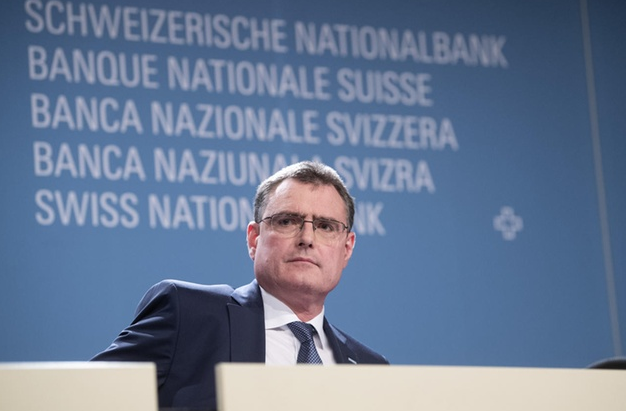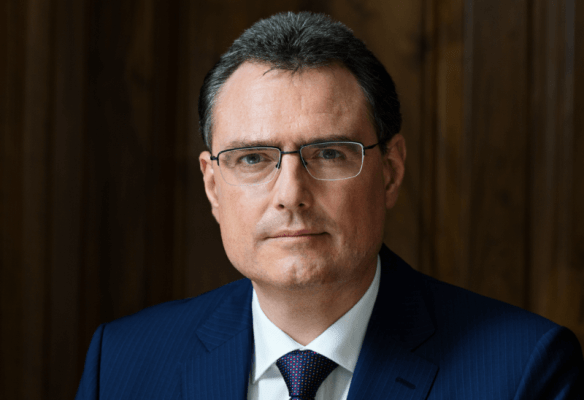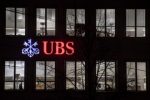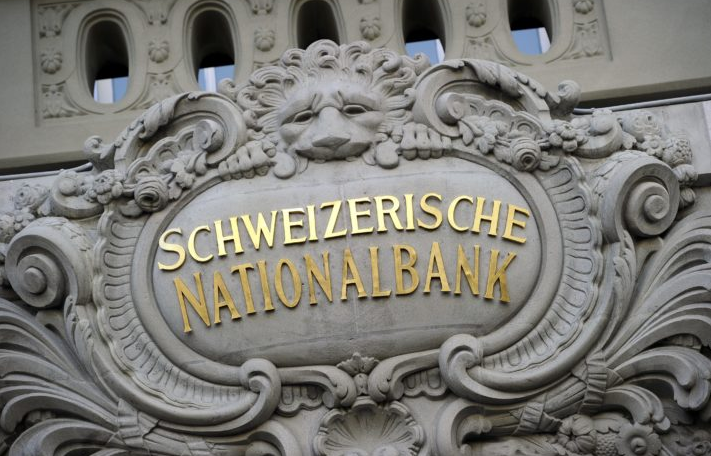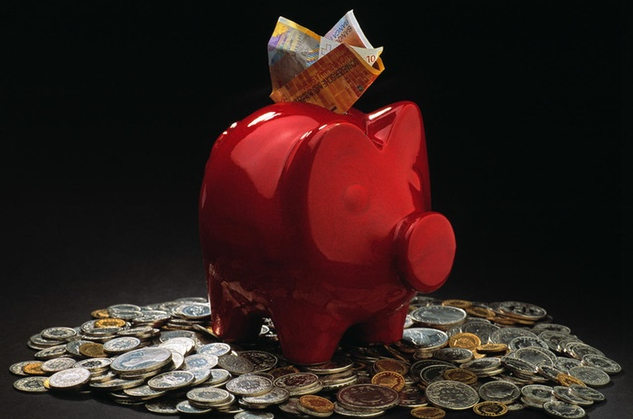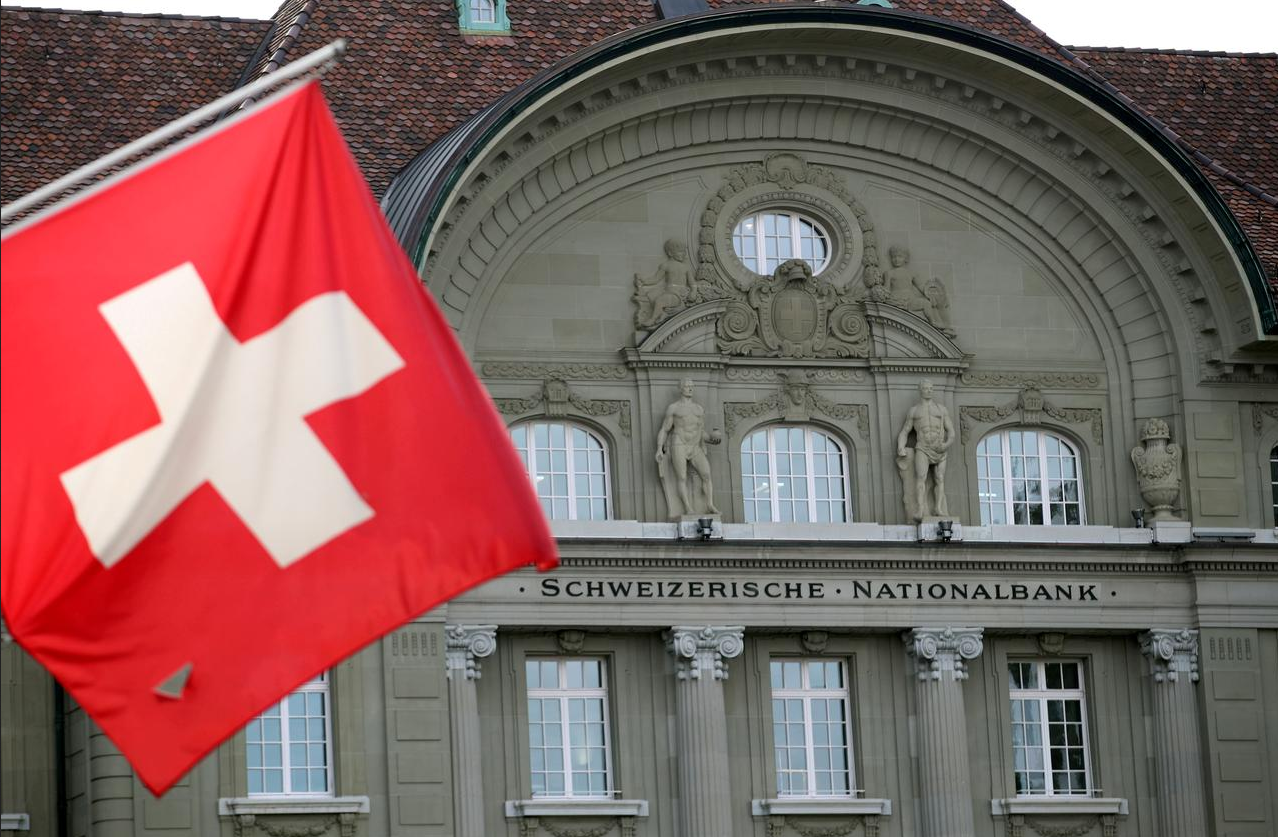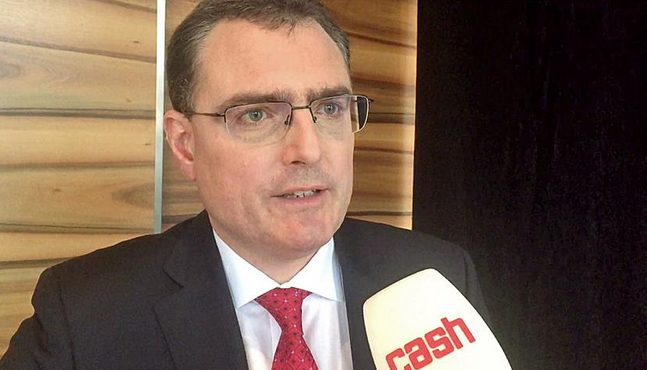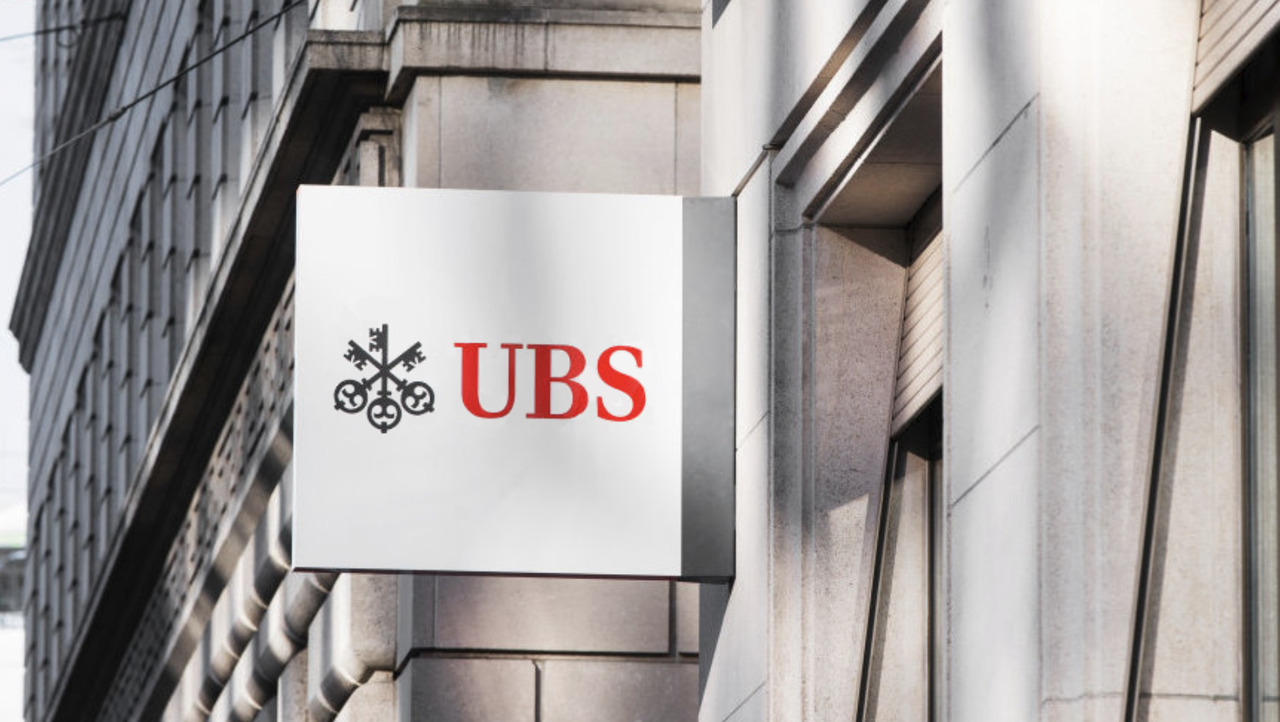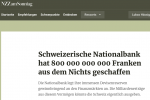The post contains the main-stream view on the Swiss National Bank. It is the “continued intervention pledge“. But seven years post the financial we are in the second part of the business cycle. In the second part, the SNB must fear rising inflation more than the ECB. See here or in the two phases of CHF appreciation. For us, Brexit has not influenced the main driver of global GDP growth, U.S. or European consumers.
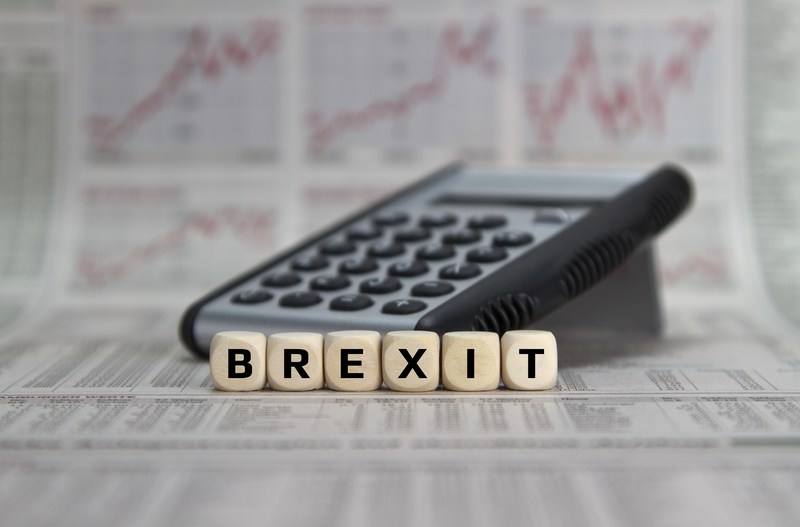 The Swiss National Bank maintained its ultra-loose negative interest-rate policy and pledged to intervene in currency markets if needed, saying the Brexit vote has clouded its view of the global economy.
The Swiss National Bank maintained its ultra-loose negative interest-rate policy and pledged to intervene in currency markets if needed, saying the Brexit vote has clouded its view of the global economy.
Switzerland’s central bank, which for years has been combating an overvalued currency, left its deposit rate at a record low of minus 0.75 percent, as forecast by all economists in a Bloomberg survey. It vowed to keep “active” in the foreign exchange market as necessary. No press conference is scheduled.
“International developments are surely the biggest risk,” SNB President Thomas Jordan told SRF radio in an interview on Thursday. “We had Brexit, where the direct effects weren’t as strong as anticipated, but the uncertainty has nevertheless markedly increased — you see that in the forecasts for Europe and Britain.”
The SNB is one of several central banks taking a wait-and-see approach after the U.K.’s vote to leave the European Union, though it did sell francs in the immediate aftermath of the referendum. Market volatility picked up again over the past week as the Federal Reserve weighs the case for a U.S. interest-rate increase at a time when the efficacy of stimulus in Europe and Japan is unproven.
Intervention Pledge
“The SNB is still staying they’ll intervene in currency markets,” said Alessandro Bee, an economist at UBS Group AG in Zurich. “I think that’s the most important element, the signal to the market that they’re still there.”
The SNB’s policy of negative rates and a pledge to sell francs has been in force since early 2015, when it stunned investors by giving up its minimum exchange rate in response to the prospect of the ECB beginning to buy sovereign bonds. The SNB’s switch caused the franc to shoot up to 85.17 centimes per euro, it’s strongest level on record. The currency has depreciated since then, and it has traded weaker than 1.08 per euro since June. That’s welcome news for the country’s exporters.
The franc traded at 1.09426 at 2:06 p.m. in Zurich on Thursday.
Not only is the SNB justified in continuing its expansive course, “there is rather the danger of them having to double down at the end of the year,” said Daniel Hartmann, an economist at Bantleon Bank AG in Zug. “This is particularly at risk of happening, if the euro area economy cools further and — as a consequence — the ECB has to give a clear monetary policy signal in December 2016.”
The SNB still has leeway to cut rates further, with economists saying they could go as low as minus 1.25 percent before cash hoarding sets in. While anecdotal evidence suggests more companies are purchasing insurance for storing cash, Swiss policy makers have said there is no indication of a banknote accumulation.
Swiss economic growth is forecast to accelerate in 2016, and momentum proved unexpectedly robust in the second quarter. Still, the pace of expansion in the second half of the year is likely to be more modest than in the first, “partly owing to a temporary weakening of growth in Europe,” the SNB said in a statement.
The SNB now expects the economy to expand about 1.5 percent this year, with consumer prices declining 0.4 percent. It cut its 2017 and 2018 inflation forecasts to 0.2 percent and 0.6 percent, from a June prediction of 0.3 percent and 0.9 percent.
By Catherine Bosley (Bloomberg)
Full story here Are you the author? Previous post See more for Next post
Tags: newslettersent,Thomas Jordan,UBS Group AG






















